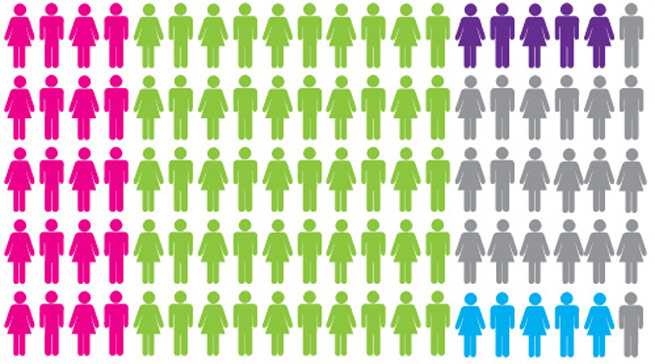
That’s the theory behind Twitter’s new ad tool, keyword targeting in timelines.
[aditude-amp id="flyingcarpet" targeting='{"env":"staging","page_type":"article","post_id":718096,"post_type":"story","post_chan":"none","tags":null,"ai":false,"category":"none","all_categories":"big-data,business,media,social,","session":"D"}']Available today globally, the new targeting mechanism will allow advertisers to tailor which audience they choose to market to by the content of the tweets those people write. Twitter says this is important for advertisers, since it lets marketers reach the right audience at the right time, in the right context.
And they’re right, to a degree.
AI Weekly
The must-read newsletter for AI and Big Data industry written by Khari Johnson, Kyle Wiggers, and Seth Colaner.
Included with VentureBeat Insider and VentureBeat VIP memberships.
Twitter’s optimistic scenario is a user tweeting about a great song from their favorite band. As it happens in contrived examples, this band just happens to be playing a nearby venue that very night, which means that promoters can run geotargeted Twitter ad campaigns against local users who have tweeted that band’s name, and thereby inform this particular user that her favorite group is in town.
There’s no doubt that there’s huge value in this new targeting option. And, as AllThingsD notes, Twitter has included negative sentiment filtering, which is critical, because no advertiser wants to target people who are tweeting about Wu-Tang Clan, only to find that they were tweeting that Wu-Tang Clan sucks, or something similar.
But it’s also challenging, because many tweets are difficult to register commercial intent for.
If I tweet about my wife’s illness, are you going to target me with a random medicine? Or if you tweet about a great dinner you’re just about to eat, will you really be receptive to ads about a Greek restaurant just down the road? Twitter says it’s helping advertisers target “signals of intent,” and that might sound like Google-ish search keyword targeting, but it’s not clear that the link is quite as obvious as an intentional, directed search.
But it is yet another tool in the Twitter advertiser toolbox, and with all the others, will add up to better results. Twitter says that it has tested the feature with Walgreens and Microsoft, among others, and “users were significantly more likely to engage with Promoted Tweets using keyword targeting in timeline than other forms of targeting in the timeline.”
[aditude-amp id="medium1" targeting='{"env":"staging","page_type":"article","post_id":718096,"post_type":"story","post_chan":"none","tags":null,"ai":false,"category":"none","all_categories":"big-data,business,media,social,","session":"D"}']
Which sounds like Twitter ad products are synergistic: 1 + 1 = 3, not 2. And in fact, GoPro achieve engagement rates as high as 11 percent, Twitter says, using the new feature. That’s startlingly high.
And, doubtless, music to advertisers ears.
photo credit: mkandlez via photopin cc
VentureBeat's mission is to be a digital town square for technical decision-makers to gain knowledge about transformative enterprise technology and transact. Learn More